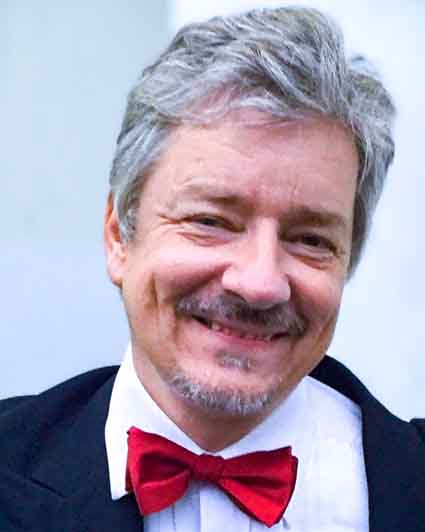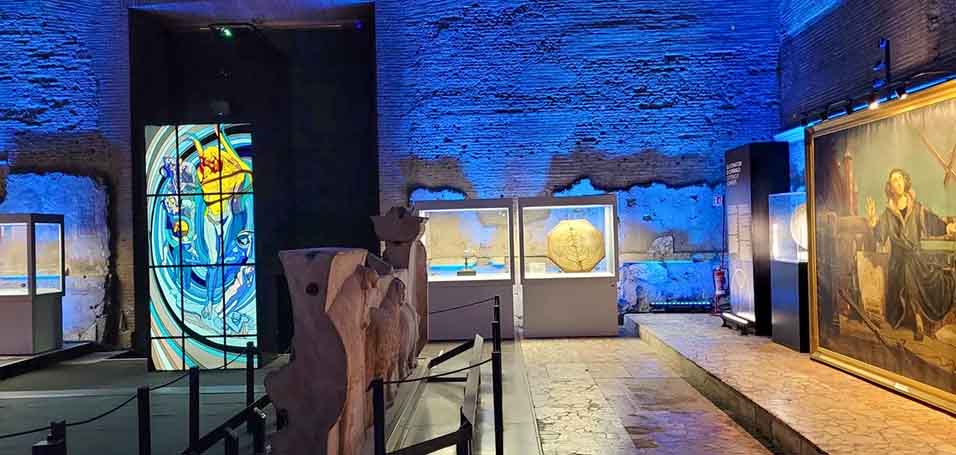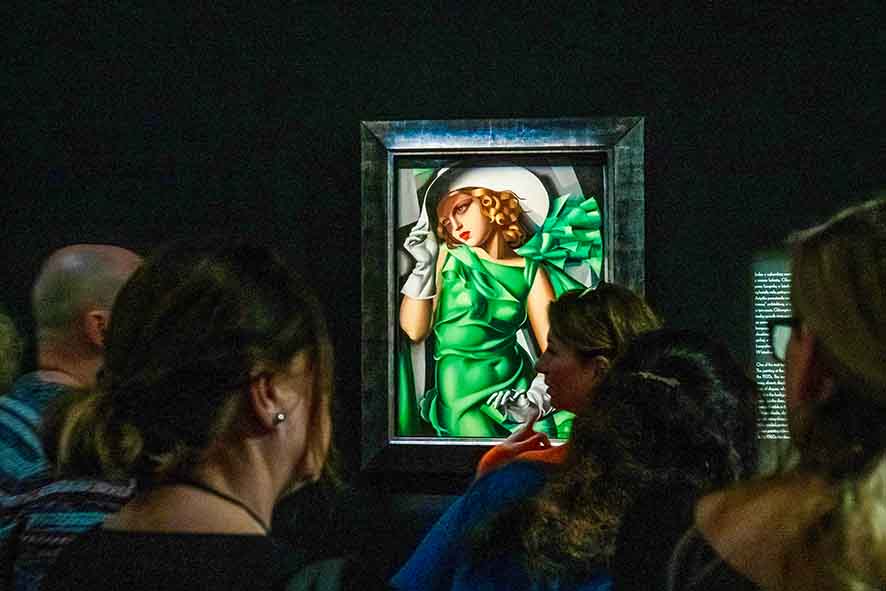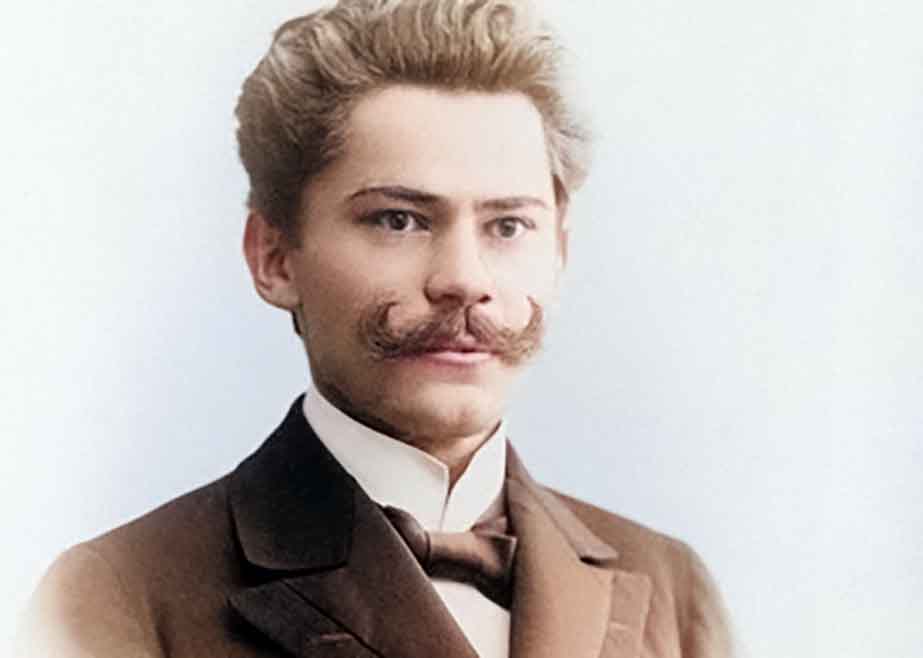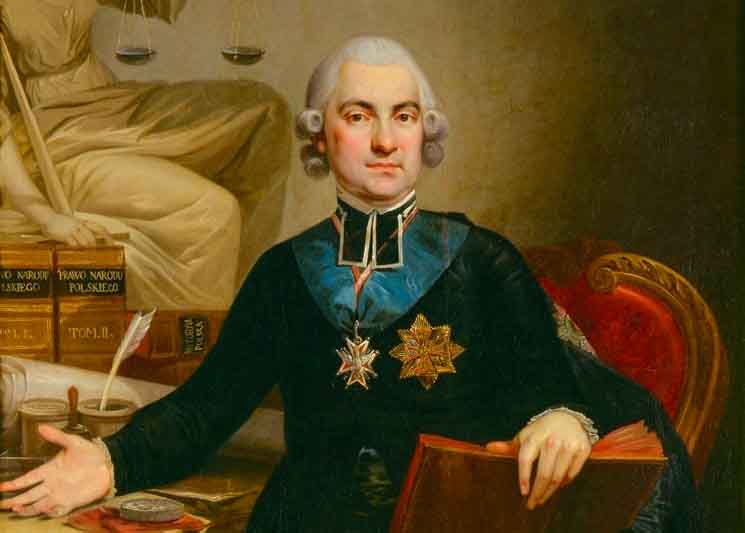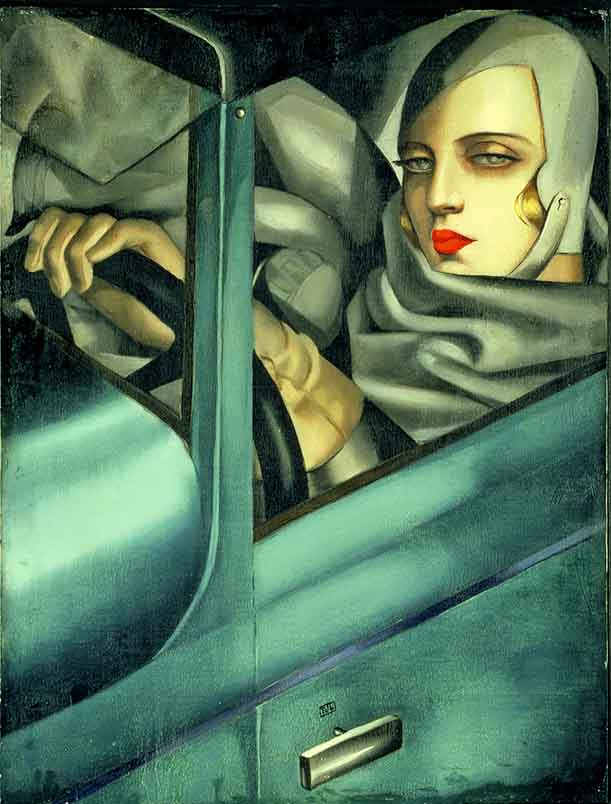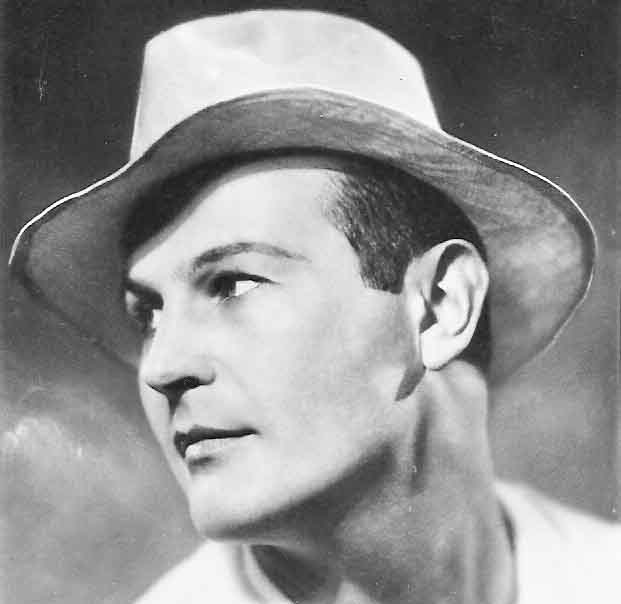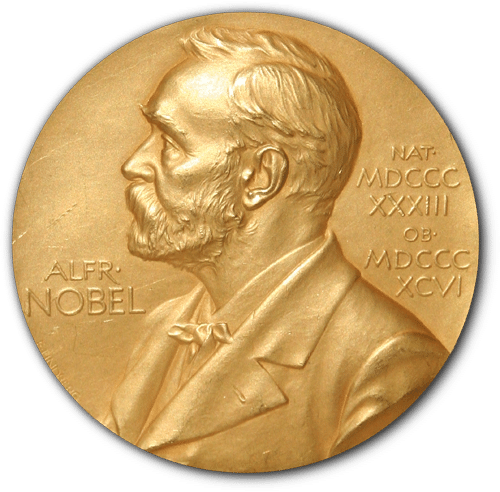Nicolaus Copernicus is "the man who stopped the Sun and moved the Earth", as he is commonly referred to. However, this was someone with truly versatile interests who thoroughly revolutionized science. This year marks the 550th anniversary of his birth.
Because he was primarily an astronomer, people forget that he was a true erudite, comprehensively educated, with many interests and skills. Not only did he revolutionize the perception of our Solar System as early as in the 15th century, but he served the Bishop of Warmia in north-eastern Poland on a daily basis, and was also the main canon of the community, lawyer, economist, and physician, to name but the most important of his roles.
Education
Born on February 19, 1473 in Toruń, an important city in the north of Poland, he was the youngest of four children of a wealthy copper merchant from Kraków, Mikołaj Kopernik Sr., and Barbara, née Watzenrode, daughter of a wealthy Toruń merchant. After his father's death in the mid-80s of the 15th century, Mikołaj's mother entrusted him to the care of his maternal uncle, Łukasz Watzenrode, then bishop of Warmia.
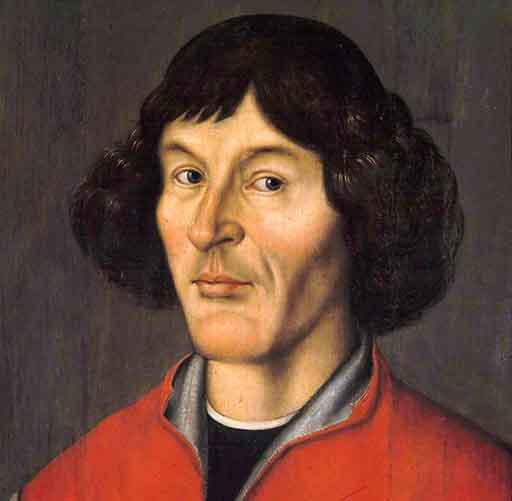
Nicolaus Copernicus, the "Toruń portrait", (anonymous, ca. 1580) (Source: Wikipedia)
The bishop wanted his nephew to get a solid education and for this purpose, in 1491, he sent Copernicus to the University of Krakow (today the Jagiellonian University) to study the humanities. It was there that Copernicus met his future passion - astronomy. Under the influence of his uncle, Copernicus was educated as a canon, which ensured him a steady and regular income, which in turn allowed him to devote himself to astronomical research.
Studies in Kraków gave Copernicus a thorough foundation in mathematical astronomy taught at the university (arithmetic, geometry, geometrical optics, cosmography, theoretical and computational astronomy) and a good knowledge of the philosophical and natural writings of Aristotle (De coelo, Metaphysics) and Averroes, stimulating his interest in science and familiarizing him with with humanistic culture.
In Kraków, Copernicus began amassing an extensive astronomical library, which — along with his earliest scientific records — was taken as war booty by the Swedes during the Deluge of the 1650s and is now housed in the Uppsala University Library.
After spending 4 years in Krakow, Copernicus continued his education at the most prestigious European universities — Bologna and Padua, where he studied canon law, eventually obtaining a doctoral degree at the University of Ferrara, and medicine.
After completing his studies in Italy, the 30-year-old Copernicus returned to Warmia, to Lidzbark Warmiński, where he took care of his declining uncle and where he spent most of his time, except for short trips to Krakow and the nearby Prussian cities of Toruń (Thorn), Gdańsk ( Danzig), Elbląg (Elbing), Grudziądz (Graudenz), Malbork (Marienburg), Königsberg.
Many talents
Copernicus was his uncle's secretary and physician from 1503 until his uncle's death on March 29, 1512. He lived in the bishop's castle in Lidzbark (Heilsberg), where he began work on his heliocentric theory. While performing official functions, he participated in almost all of his uncle's political, church, and administrative and economic duties.
After the death of his uncle-bishop, Copernicus moved to Frombork in 1510, where he spent the rest of his life devoting himself to astronomy. He did not have as much time as he would like to properly focus on his astronomical research, given that he was active in many fields. He was appointed rector of the chapter house of the Warmia cathedral, moreover, he served as a deputy in the Prussian sejmik (assembly). During one of the trials in Grudziądz, Copernicus revealed his talent and passion for economics by announcing his "monetary treatise", in which he explained the mechanism of inflation as one of the causes of the impoverishment of societies.
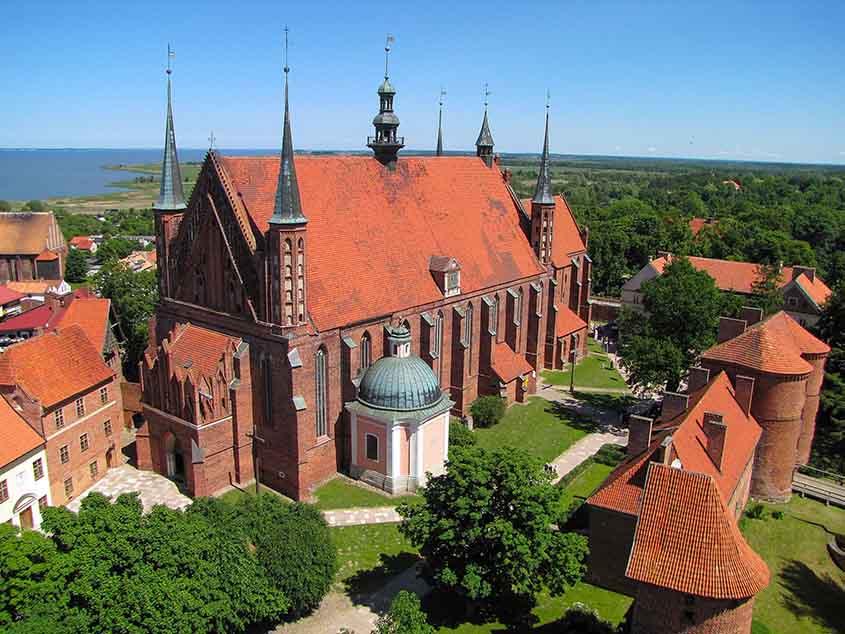
Fromborku Cathedral (2010) (Source: Wikipedia)
To the amazing talents of Copernicus can be added the fact that during the war between Poland and the Teutonic Order in the years 1519-1521, Copernicus successfully acted as a strategist during the Teutonic siege of Olsztyn — one of the most important fortresses of southern Warmia — when he led the defense of Olsztyn and Warmia by the royal army Polish. He also represented the Polish side in later peace negotiations.
Medicine
For us, Copernicus is above all an astronomer. However, to his contemporaries he was better known as a physician. He was considered a skilled practitioner of medicine, which at a time when there were very few doctors, was enough to make him famous.
Copernicus began his medical studies at the University of Padua, one of the most famous medical education centers in Europe at that time. He obtained his bachelor's degree there, and after another year, his therapeutic license (veniam practicandi), but he never obtained a doctorate in Padua, although he was always called a doctor of medicine ("medici doctor").
When Copernicus returned to Warmia in 1503, for the first few years he was the personal "medicus" and secretary of his uncle Bishop Lucas Watzenrode. After his uncle's death in 1512, Copernicus became the personal physician of four more Warmia bishops and fellows from the Warmia chapter in Frombork.
Copernicus practiced medicine not only in diagnosing and caring for patients, but also in personally preparing prescribed drugs. He was often consulted (consiglia) from several other cities, including from Gdańsk, Królewiec, Lubawa, Elbląg and Olsztyn. He also collaborated and consulted with Jan Benedykt Solfa and Laurence Will, the then official Polish royal physicians.
During the epidemic in 1519, Copernicus applied sanitary prophylaxis, giving several Warmian and Pomeranian towns an innovative water supply system.
De revolutionibus...
His most famous achievement, however, was undoubtedly "De Revolutionibus Orbium Coelestium", or "On the Revolutions of the Celestial Spheres", an epochal work that was to change the common view of the universe and our position in it. This work, in which he describes his groundbreaking heliocentric theory, which completely reversed the perception of human existence and the universe around it, proving that not the Earth, but the Sun is the center of our planetary system, became his enduring legacy on a global scale.
Although published during Copernicus's lifetime, his theory had to wait almost three centuries for acceptance and official recognition as credible. At that time, it was sharply criticized by the Church, which even considered it a heresy, even though the author dedicated his work to the Pope himself, who initially accepted the theory very positively. For some time, the Catholic Church did not notice Copernicus's research and its consequences. The work "On Revolutions..." was included in the "Index of Forbidden Books" only 70 years later and remained under strict taboo until the mid-nineteenth century.
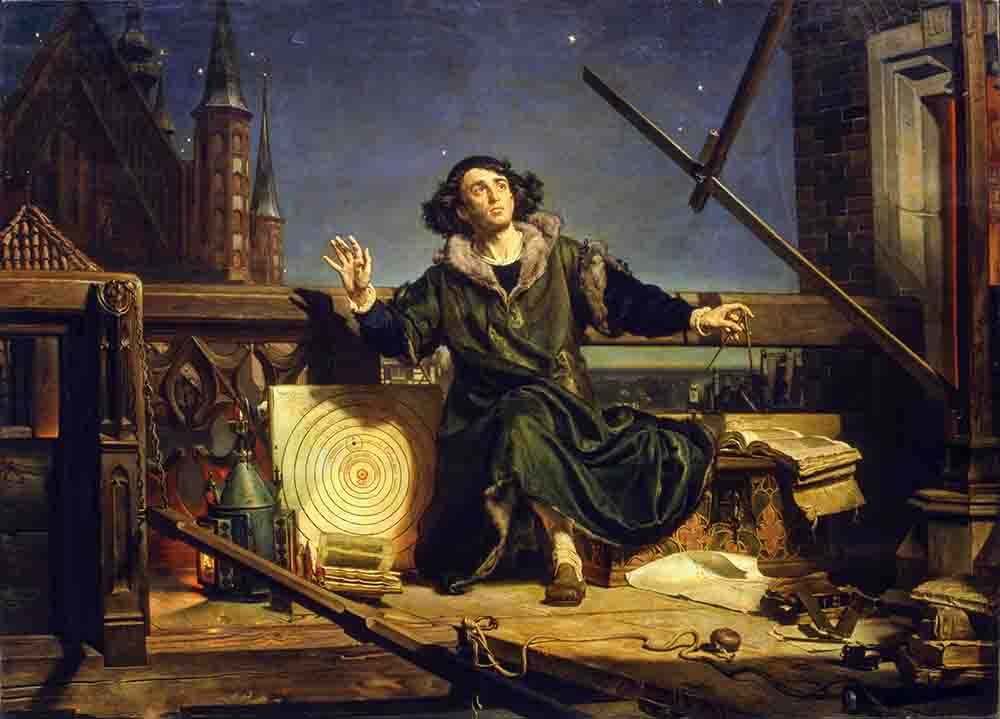
Astronomer Copernicus - Conversation with God, Jan Matejko, oil on canvas, 1873 (Source: Wikipedia)
The theory proposed by Copernicus was that the planets orbit the Sun as a fixed point to which their movements should be related; that the earth is a planet which, in addition to orbiting the sun every year, rotates on its axis once a day; and that very slow, long-term changes in the direction of this axis are responsible for the phenomenon of the so-called precession of the equinoxes, i.e. a cyclical change in the orientation of the Earth's axis of rotation, with a period of 25,772 years.
This pattern of the heavens is usually called the heliocentric or "sun-centered" system, from the Greek word helios , meaning "sun", and stands in direct opposition to the geocentric system with the Earth at the center proposed by Aristotle and developed almost to borderline absurd by Ptolemy.
Copernicus consistently adhered to one of the standard beliefs of his time, namely that the movements of celestial bodies must consist of uniform circular movements. For this reason, he was unable to explain the observed apparent motion of the planets.
The publication of his work is a story of intrigue and betrayal. To organize the publication, Copernicus' student and associate entrusted with the manuscript, Georg Rheticus, selected a leading printer in Nuremberg, the leading printing center of the time, a certain Johann Petreius, who in the 1530s published many ancient and modern astrological works. However, he allowed Andreas Osiander (1498–1552), a theologian experienced in the production of mathematical books and a leading political figure of the city, to add an unsigned "letter to the reader" directly after the title page, which claimed that the in it the hypotheses do not relate to the truth and that, in any case, astronomy is unable to find the causes of celestial phenomena. Only many years later, the great Johannes Kepler,
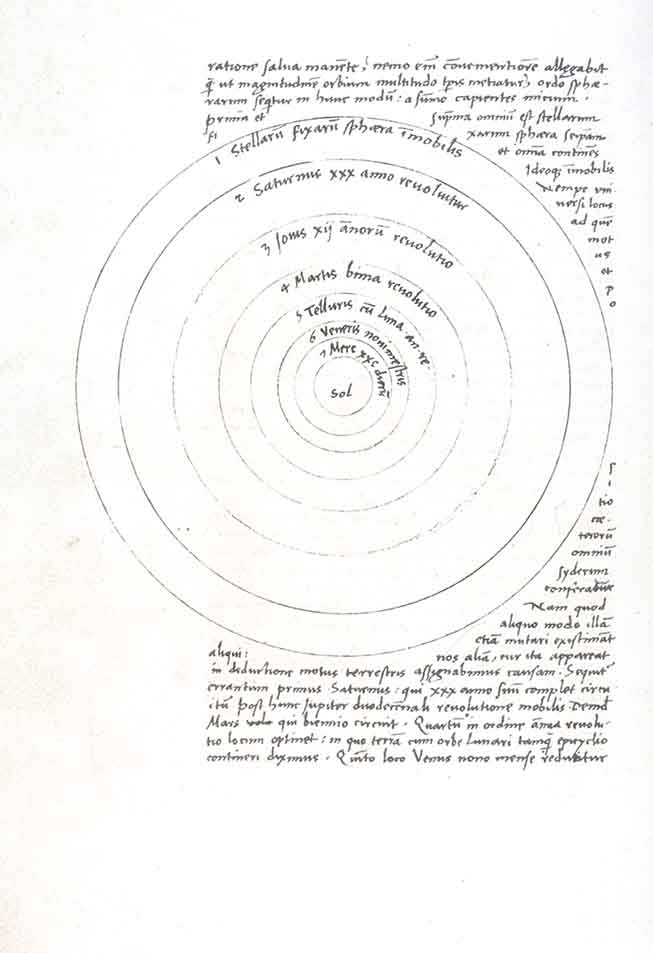
The manuscript of "De revolutionibus..." (Source: Wikipedia)
Legend has it that a printed copy of De revolutionibus... came into the hands of Copernicus a few days after he lost consciousness due to a stroke he received in December 1542, as a result of which he also lost his speech and the right side of his body was paralyzed. He woke up long enough to realize he was holding his great book in his hand, then fell asleep forever on May 24, 1543.
Interestingly, the manuscript of De revolutionibus, written by Copernicus himself, has survived to this day. After many vicissitudes, it ended up in the library of the Jagiellonian University in Krakow.
Private Life
Little is known about the private life of Nicolaus Copernicus, at least until he reached a very mature age. Sometime before 1538, a mysterious woman appeared in his life, Anna Schilling, who was said to have been the reason for several interventions by Bishop Dantiscus, who reprimanded the great astronomer and demanded that the "housekeeper" be removed from his residence.
Anna was once believed to be the daughter of Matthias Schilling, a well-known minter who ran the mint in Toruń (1529-1535) and later in Gdańsk (1535-1540). However, there is no evidence of any connection between Copernicus and Schilling and his family.
However, he visited Gdańsk many times and maintained close contacts with his cousins living in the city, including the astronomer's relative - Anna Krüger - who in 1515 married Arend von den Schellings, a Gdańsk merchant. The most probable explanation of the riddle is the assumption that it was Anna - as the closest relative of Copernicus - who stayed in his house in Frombork in 1538 and 1539.
In response to the second "paternal admonition" of Bishop Dantyszek of December 2, 1538, demanding the release of the housekeeper, Copernicus wrote that he treated it with due seriousness, but it was difficult to quickly find an honest housekeeper who would be a relative.
Anna returned to Gdańsk probably already in 1539. After the death of the astronomer, she visited Frombork again, where she sold her house. She treated Copernicus as her closest relative, because he was her great-uncle. At the time of her arrival in Frombork in 1537 or 1538, she was 47 or 48 years old, so she was about 15 years younger than the astronomer. She was a rich woman and this could have been the reason for the envy of the canons hostile to Copernicus and Bishop Dantiscus.
Against the backdrop of the moral scandals of the Frombork with the participation of the canon Aleksander Sculteti, perhaps Copernicus fell against the bishop because of an exaggerated sense of morality. Besides, Bishop Dantyszek himself, before becoming a priest, was famous for his lecherous disposition, and later he was also a caring father. He took care of his illegitimate daughter, born in distant Spain.
The Copernican Revolution
Copernicus is known as an astronomical genius, but this great Renaissance man was also a mathematician, engineer, soldier, writer, economist, cleric and, last but not least, a practicing physician.
The courage shown by Copernicus in publishing a theory completely contrary to popular beliefs deserves the highest recognition and is a just cause to be proud of one of the most outstanding people in the history of Poland. He has certainly earned his position among the most respected and recognized scientists.
The effects of the publication of Copernicus' work go very far. This work not only undermined the view of the immobility of the Earth prevailing in medieval science by introducing a new, heliocentric cosmological model: the model of the Solar System in which the Earth revolves around the Sun, but indirectly caused the adoption in science and philosophy of the Copernican principle, according to which the situation of the Earth in the universe is not is in no way special.
Copernicus not only dethroned the Earth, but also opened new cognitive horizons for modern science, which led to significant changes in the way of thinking about the world, its relations with man and religion.



